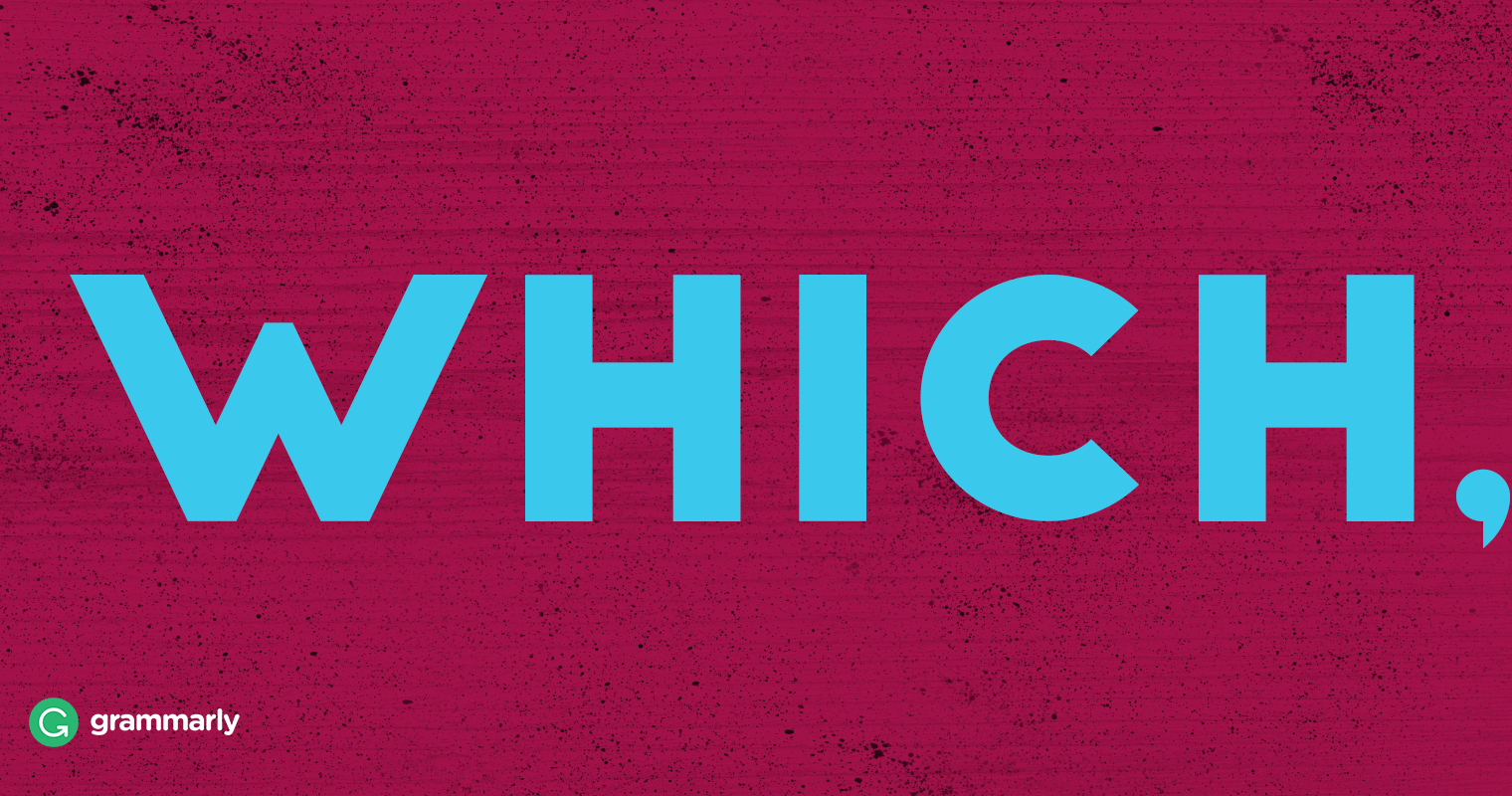"comma before whose definition and meaning in english" at online dictionary. Definition of comma before whose definition and meaning in english. What is another word for comma before whose definition and meaning in english? This is the right place where you will get the proper information. What does comma before whose definition and meaning in english? However, check comma before whose definition and meaning in english at our online dictionary below.

Table Of Content:
- Relative Pronouns: Restrictive and Nonrestrictive Clauses - TIP ...
- Introduction to Defining Clauses // Purdue Writing Lab
- Relative clauses: defining and non-defining - English Grammar Today
- Spanish Nouns Whose Meanings Change With Gender
- Comma Before Which | Grammarly
- Relative, Restrictive, and Nonrestrictive Clauses - Grammar ...
- Subordinate Clause: Simple Rules You Need to Know | Grammarly
- Whose vs. Who's - ArgoPrep
- Comma before "whose"— The Definitive Guide
- I.e. vs. E.g.: What is the Difference? | Merriam-Webster
1. Relative Pronouns: Restrictive and Nonrestrictive Clauses - TIP ...
http://www.butte.edu/departments/cas/tipsheets/grammar/relative_pronouns.html
The relative pronouns are: who, whom, whose, which, and that. ... Because it contains essential information, a restrictive element is not set off with commas. ... a noun or pronoun whose meaning has already been clearly defined or limited.
2. Introduction to Defining Clauses // Purdue Writing Lab
https://owl.purdue.edu/owl/general_writing/grammar/relative_pronouns/index.html
3. Relative clauses: defining and non-defining - English Grammar Today
https://dictionary.cambridge.org/us/grammar/british-grammar/relative-clauses-defining-and-non-defining
4. Spanish Nouns Whose Meanings Change With Gender
https://www.thoughtco.com/doubly-gendered-basics-3079264/kite-58b82ffc5f9b58808098c86f.jpg)
5. Comma Before Which | Grammarly
https://www.grammarly.com/blog/comma-before-which/
6. Relative, Restrictive, and Nonrestrictive Clauses - Grammar ...
https://academicguides.waldenu.edu/writingcenter/grammar/clauses
7. Subordinate Clause: Simple Rules You Need to Know | Grammarly
https://www.grammarly.com/blog/subordinate-clause/
8. Whose vs. Who's - ArgoPrep
https://argoprep.com/blog/k8/whose-vs-whos/
9. Comma before "whose"— The Definitive Guide
https://linguaholic.com/linguablog/comma-before-whose/
10. I.e. vs. E.g.: What is the Difference? | Merriam-Webster
https://www.merriam-webster.com/words-at-play/ie-vs-eg-abbreviation-meaning-usage-difference
Conclusion:
In conclusion, we hope that you got Relative Pronouns: Restrictive and Nonrestrictive Clauses - TIP .... Still have any questions comma before whose definition and meaning in english. then feel free to tell us.
